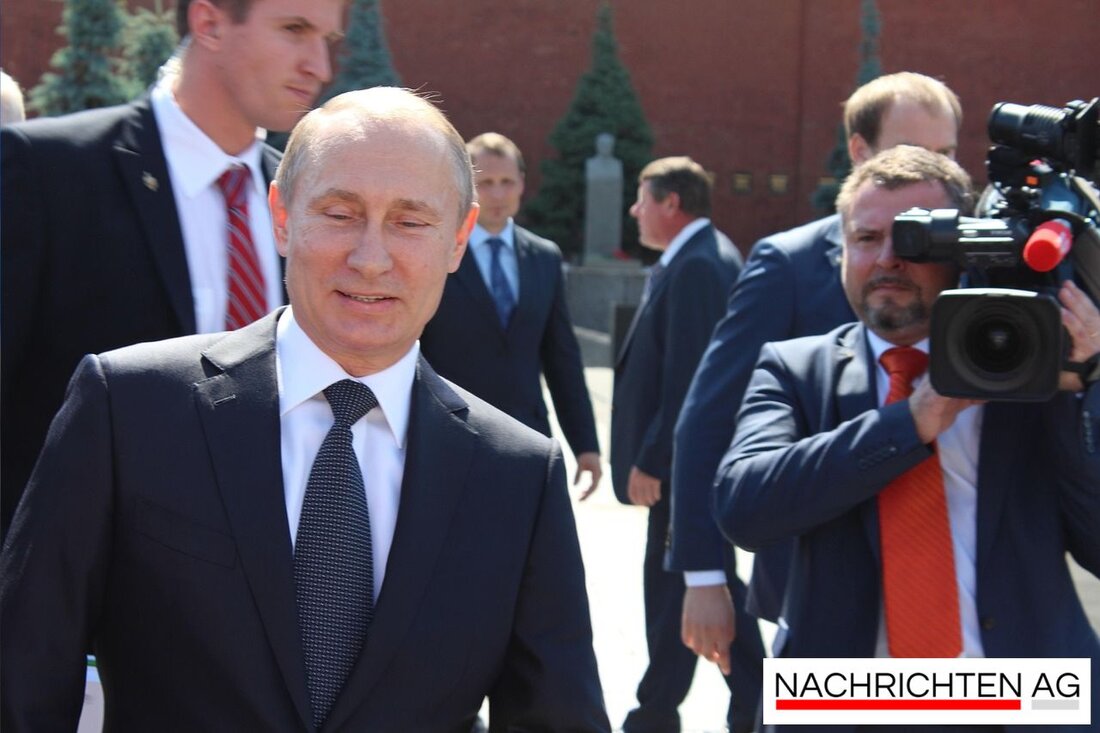Trump and Putin Meet in Alaska: Will Talks Change Ukraine's Fate?
US President Trump and Putin meet in Anchorage, Alaska on August 15, 2025, amid ongoing Ukraine tensions and election strategies.

Trump and Putin Meet in Alaska: Will Talks Change Ukraine's Fate?
On August 15, 2025, a significant meeting took place in Anchorage, Alaska, where U.S. President Donald Trump met Russian President Vladimir Putin. The meeting, held at Joint Base Elmendorf-Richardson at 3:30 pm ET (11:30 am local time), was initiated by Trump with the aim of engaging Putin in discussions rather than striking an immediate peace deal concerning the ongoing war in Ukraine. Trump’s approach leaned towards dialogue, as he downplayed the chances of offering security guarantees to Ukraine, which has been a focal point of international tensions.
Prior to the summit, Trump held discussions with Belarusian President Alexander Lukashenko, a close ally of Putin, underlining the geopolitical intricacies surrounding the meeting. Although Ukrainian President Volodymyr Zelensky did not attend, he emphasized Ukraine’s reliance on American support amid fears that the meeting might yield little more than empty promises. Skepticism lingered among some Ukrainian military officers, who expected no real advancements and maintained accusations of bad faith against Russia. Reports from troop commanders indicated ongoing heavy losses in the war and a stubborn refusal from Putin to find common ground.
Context and Complications
The selection of Anchorage as the meeting’s location came with its own set of challenges. The city, bustling during the tourist season, offered limited options, prompting organizers to settle on Joint Base Elmendorf-Richardson. Despite concerns regarding the optics of a U.S. military base being the backdrop for such pivotal talks, the venue’s historical significance cannot be overlooked. Anchorage has deep-rooted ties to Russia, dating back to when it was part of the Russian Empire, marked by structures like the city’s oldest Russian Orthodox church.
As the meeting between Trump and Putin unfolded, the Kremlin confirmed that Putin would arrive on time, breaking his usual habit of tardiness. This anticipation built up under the shadow of the absence of a confirmed U.S. ambassador to Russia, which followed Lynne Tracy’s departure. Additionally, the U.S. was experiencing a shortage of seasoned diplomatic staff in European affairs, raising concerns that this lack of expertise could hamper American negotiation strategies. Similarly, Kyiv has been navigating its diplomatic waters without a confirmed U.S. envoy since Bridget Brink’s exit.
Political Shifts and Future Implications
Amidst these international developments, the political landscape at home is equally charged. Recent polling data highlights that Trump is doing remarkably well in pre-election indicators, particularly in the Midwest. CNN’s analysis suggests that Trump has a nearly 70% chance of winning the 2024 election, with Joe Biden’s narrow victory in Pennsylvania in 2020 serving as a grim reminder of the contentious political battleground. The figures indicate that Trump needed just 46,000 more votes to secure reelection in 2020, a number that looms large as Election Day approaches with only 32 days left.
On the other hand, Kamala Harris, the current Vice President, is not generating the momentum needed to effectively challenge Trump. With media backing focused on her campaign, the election landscape seems poised for a fiercely competitive showdown. Voters will be watching not only the international dialogues unfolding between Trump and foreign leaders but also the domestic implications of these discussions.
As this pivotal meeting in Anchorage sets the stage for potential shifts in U.S. foreign policy, the eyes of both the nation and the world remain fixed on the outcomes, bringing together past relationships and future ambitions in a complex geopolitical web.

 Suche
Suche
 Mein Konto
Mein Konto